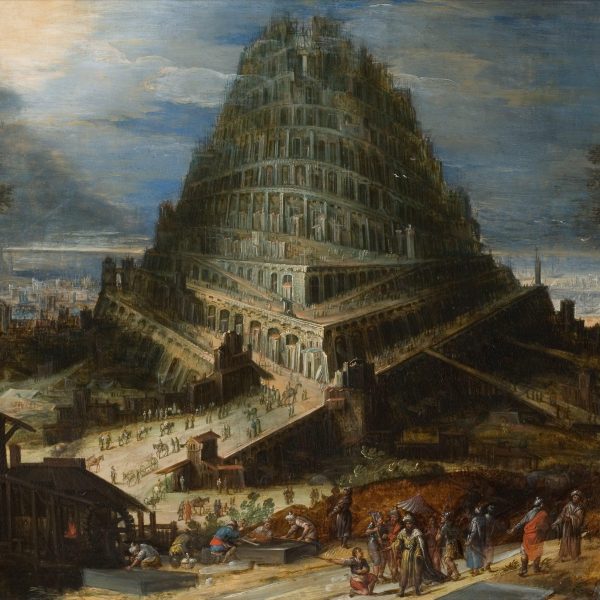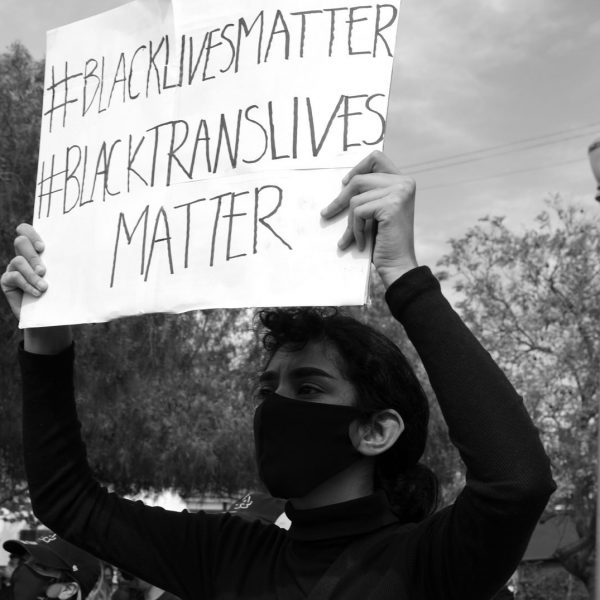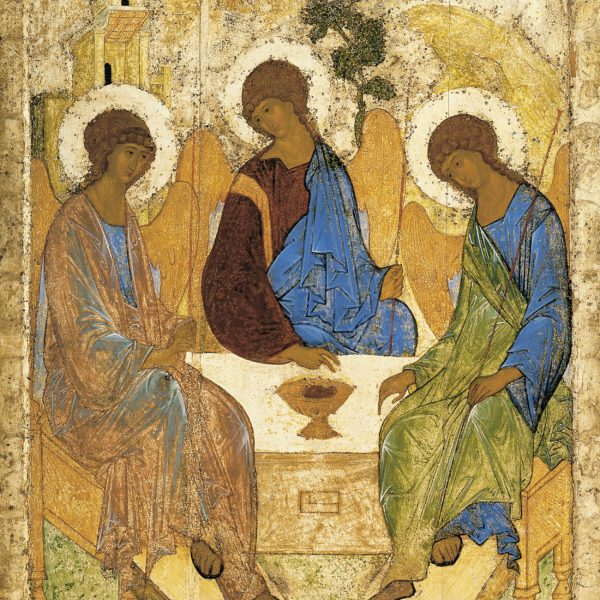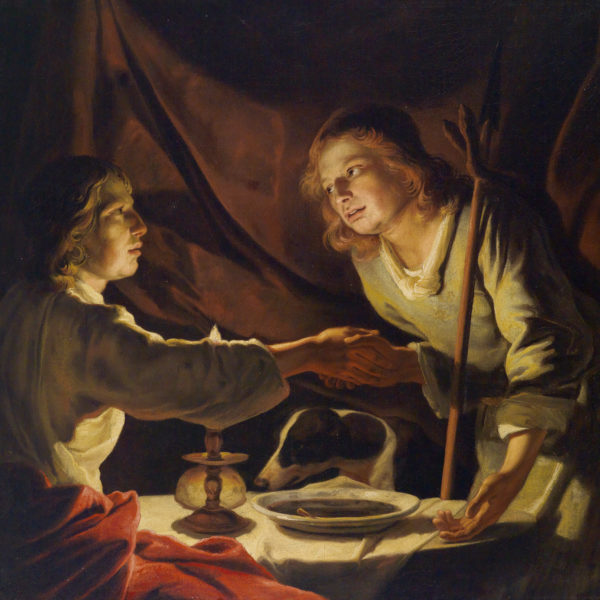
If God invites dialogue and intervention and is moved by human persons, God is thus open to changing God’s mind. This picture of God has implications for human interactions. In cultural and political movements, people often make up their mind and are unpersuaded by what other people say or do. When these others are suffering others, being unpersuaded is a mark of tyranny. When evidence of malevolent intention is presented and the evidence is brushed aside in favour of aligning with larger—national or otherwise—interests, impassibility is a crime.

While the pandemic challenges our physical borders, it simultaneously bridges our differences, revealing that we are all migrants.

Abraham did pass the test from God in this story, but not in the way it has been interpreted for so long. Rather, Abraham passed the test by hearing and obeying the voice of the true God at the end, telling him to stop.

An intertextual reading of Genesis 12 and Psalm 121 demonstrates that, while our faithful relationship with God may be initiated by our willful act of leaving, our ongoing life journey can be sustained by our attention to nature’s ontological testimony of God’s unequal sovereignty. Just as the Hebrew pilgrims were given strength to live out their faith through ecological awareness and mindfulness, let us emulate this life of pilgrimage and boldly leave our anthropocentric lifestyles.

Humans may very well not survive to the end of the century, but in faithfulness to the Creator, between fasting and serving the Garden, hope is alive. The liturgical season of Lent is such a time.

Properly to hear the story of Genesis 18-19, we must first unlearn all that we thought we knew about the Sodomites.

Rather than portraying human difference as the punishment of God, Babel and Pentecost are complementary stories, each highlighting God’s intention for cultural and linguistic diversity. As we draw near to Pentecost Sunday, may we also consider the inherent value of language as a cultural identity marker and partner as advocates for language preservation.

All of humanity comes from the Source and all our journeys will lead us back to the Source. The story of Jacob’s Ladder reminds that God is not far away but right here in the ordinariness of our everyday struggles, the answer to our desire for oneness.



